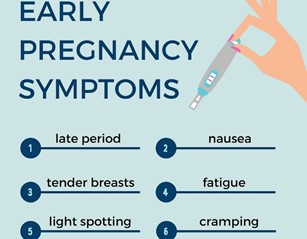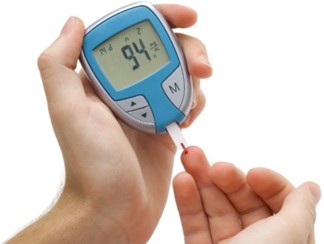A 26-year-old woman is being evaluated for vomiting and abdominal pain. Which question from the nurse will be most useful in determining the cause of the patient's symptoms?
Can you tell me more about the pain?
What is your usual elimination pattern?
Is it possible that you are pregnant?
What types of food do you eat?
The Correct Answer is C
Nausea and vomiting are common symptoms of early pregnancy, and abdominal pain can also occur due to various pregnancy-related conditions. Therefore, it is essential to rule out pregnancy as a potential cause of the patient's symptoms before pursuing other diagnostic options.
Once pregnancy has been ruled out, the nurse can ask additional questions such as those listed in options a, b, and d to further narrow down the potential causes of the patient's symptoms.

Nursing Test Bank
Naxlex Comprehensive Predictor Exams
Related Questions
Correct Answer is C
Explanation
Nausea and vomiting are common symptoms of early pregnancy, and abdominal pain can also occur due to various pregnancy-related conditions. Therefore, it is essential to rule out pregnancy as a potential cause of the patient's symptoms before pursuing other diagnostic options.
Once pregnancy has been ruled out, the nurse can ask additional questions such as those listed in options a, b, and d to further narrow down the potential causes of the patient's symptoms.

Correct Answer is D
Explanation
When performing a self-monitoring blood glucose test, it is essential to choose the puncture site on the side of the fingertip, slightly off-center, and to rotate the puncture sites to prevent lipoatrophy and injury to the nerves and blood vessels in the finger. Puncturing the center of the fingertip can lead to pain, injury to the nerves, and tissue damage.
Options a, b, and c are correct and indicate appropriate actions during self-monitoring of blood glucose. Washing the puncture site using warm water and soap helps to reduce the risk of infection. Waiting for a minute with the arm down before puncturing the site helps to increase blood flow and make it easier to obtain a blood sample. A blood glucose result of 120 mg/dL indicates good blood sugar control within the target range for many patients with diabetes.

Whether you are a student looking to ace your exams or a practicing nurse seeking to enhance your expertise , our nursing education contents will empower you with the confidence and competence to make a difference in the lives of patients and become a respected leader in the healthcare field.
Visit Naxlex, invest in your future and unlock endless possibilities with our unparalleled nursing education contents today
Report Wrong Answer on the Current Question
Do you disagree with the answer? If yes, what is your expected answer? Explain.
Kindly be descriptive with the issue you are facing.
